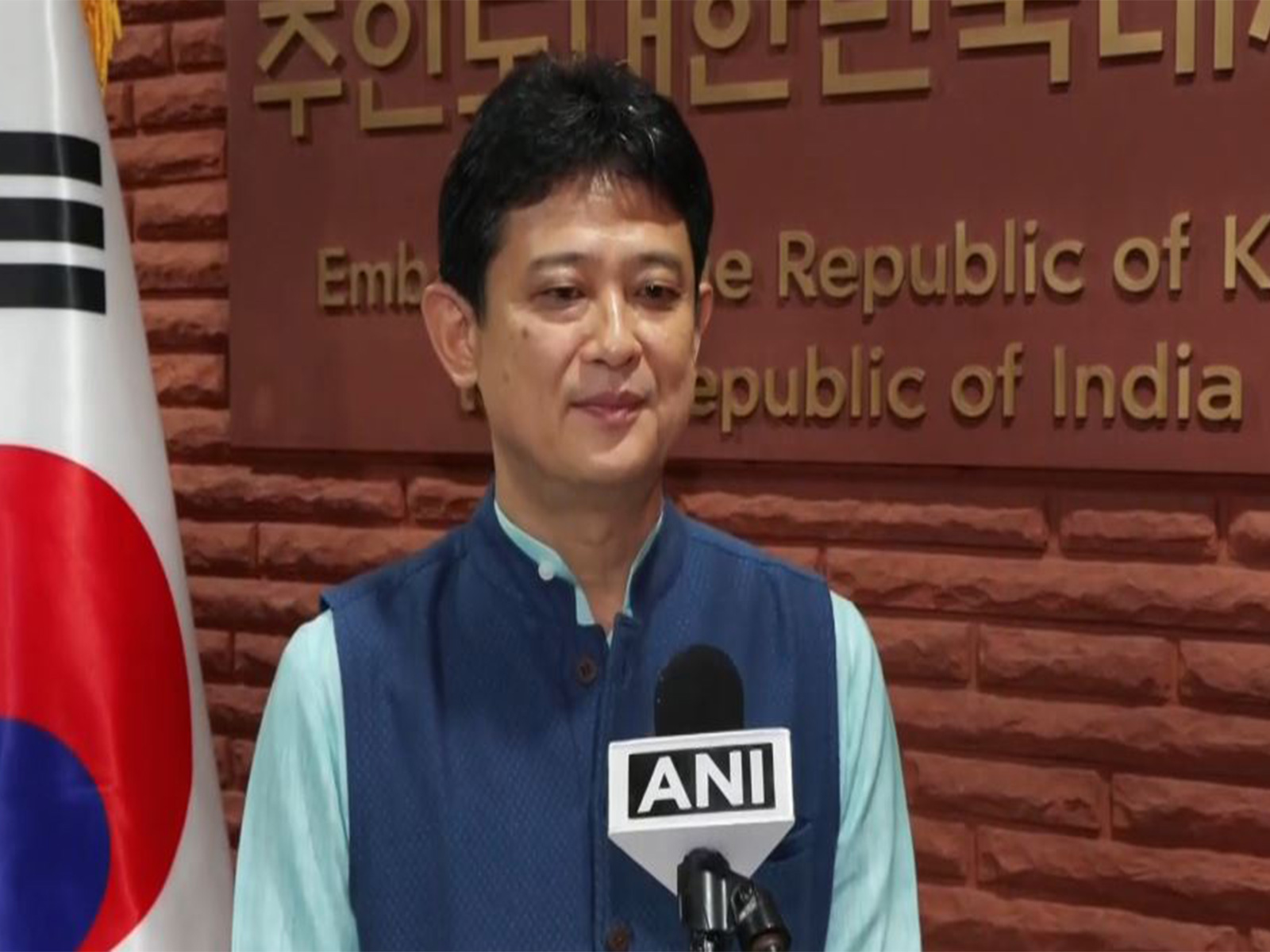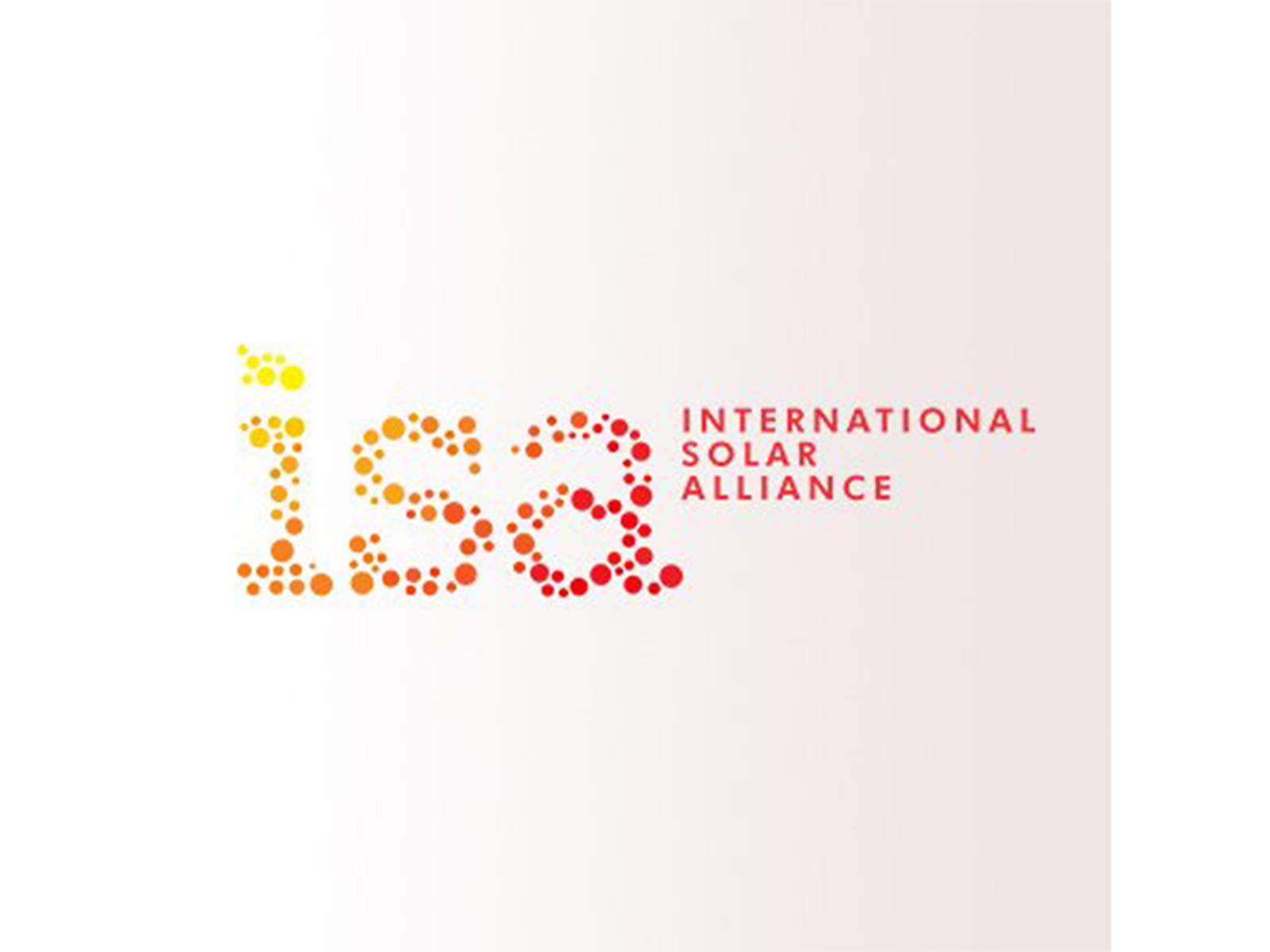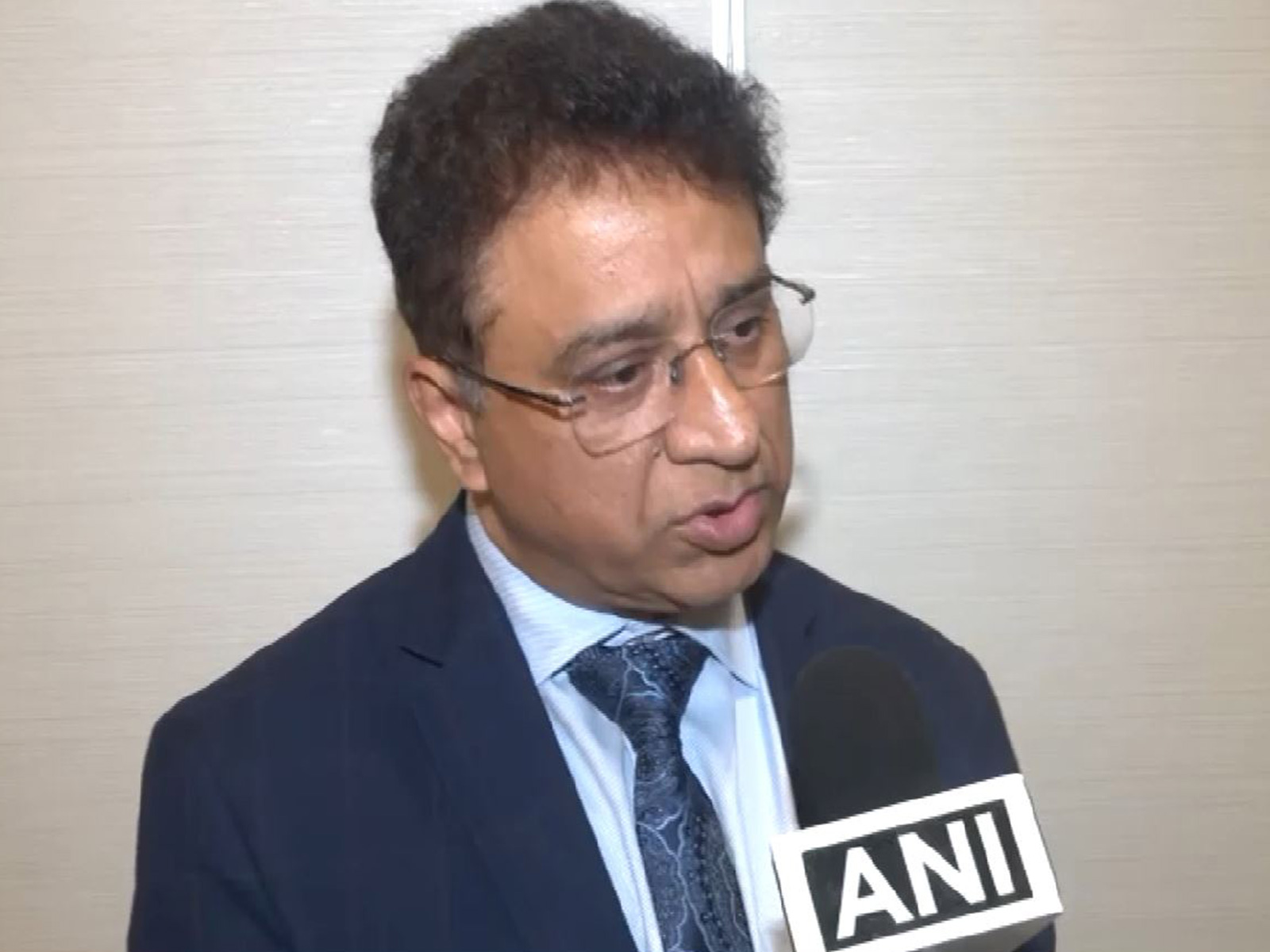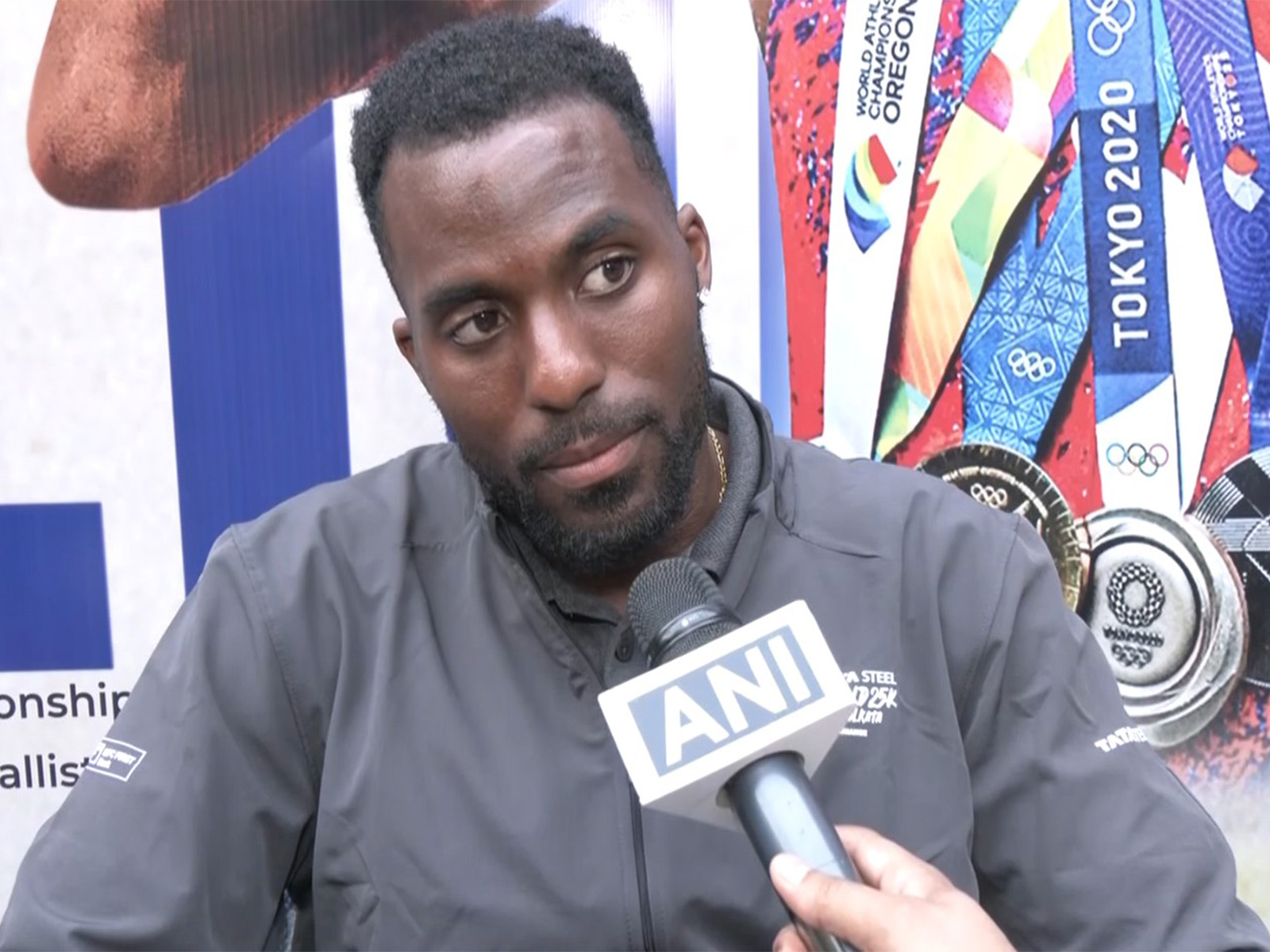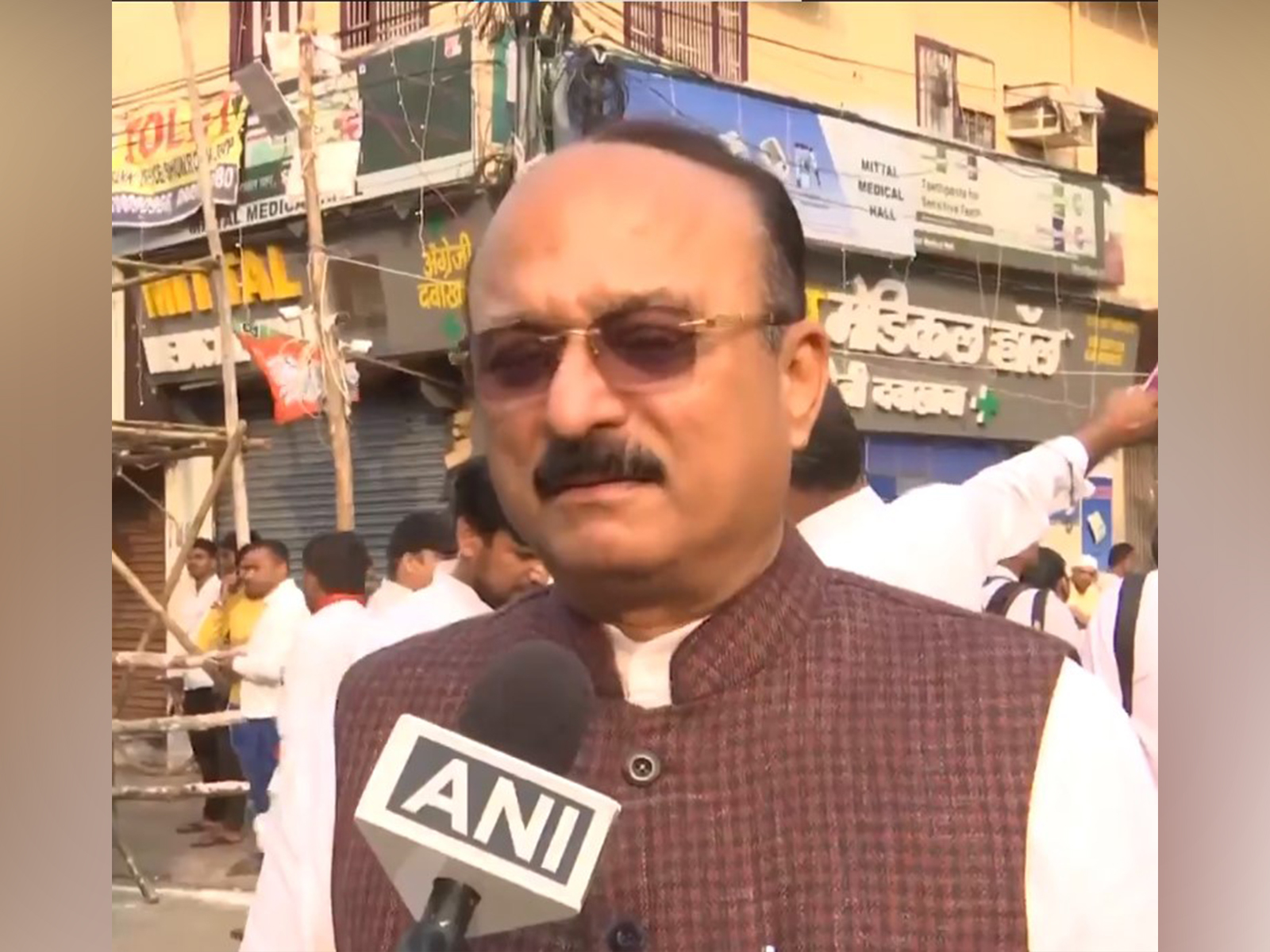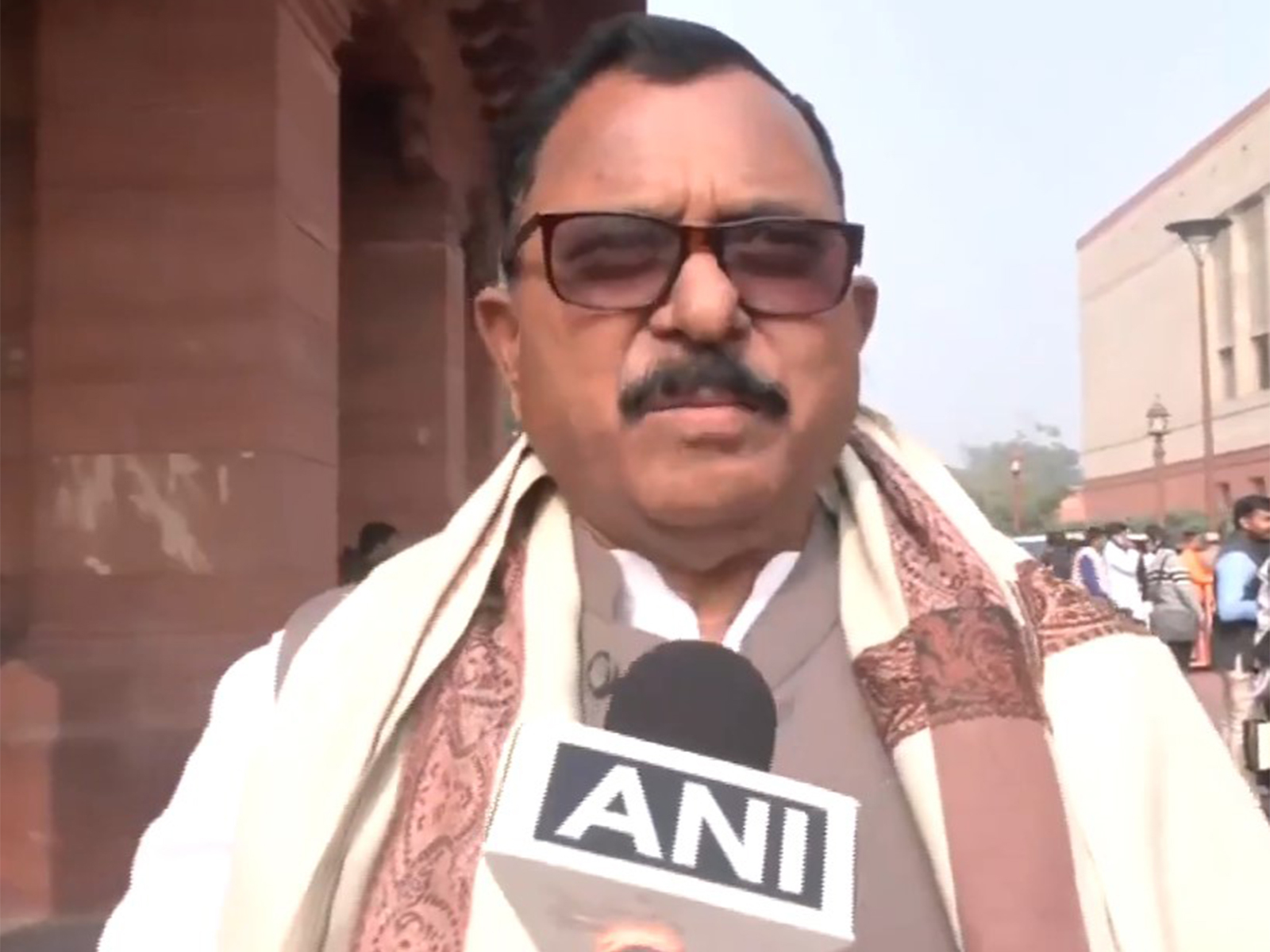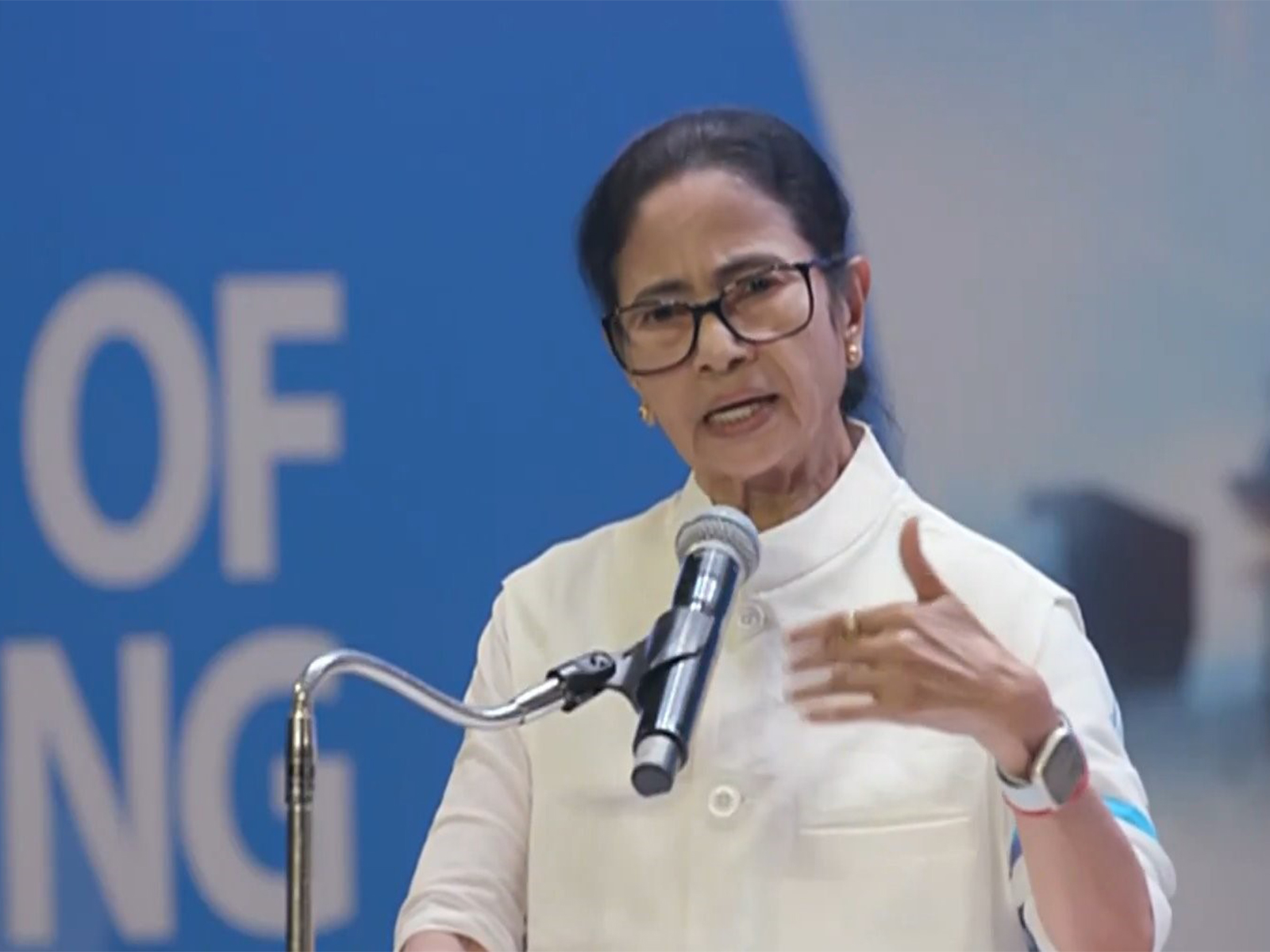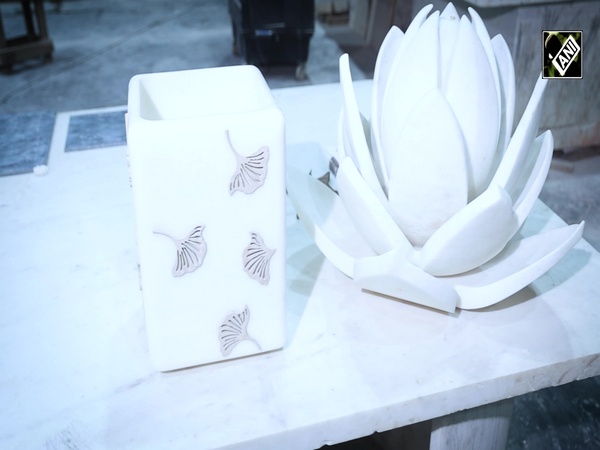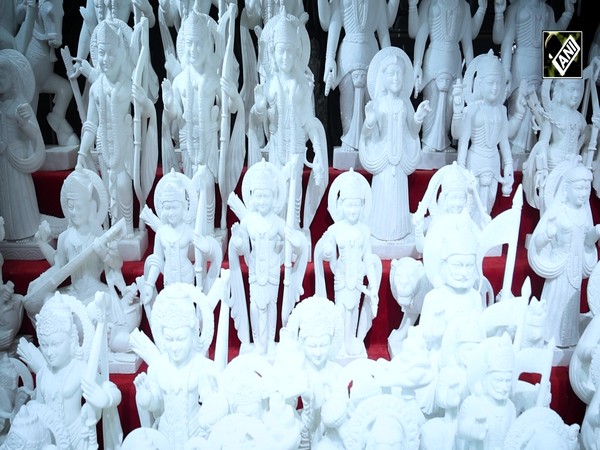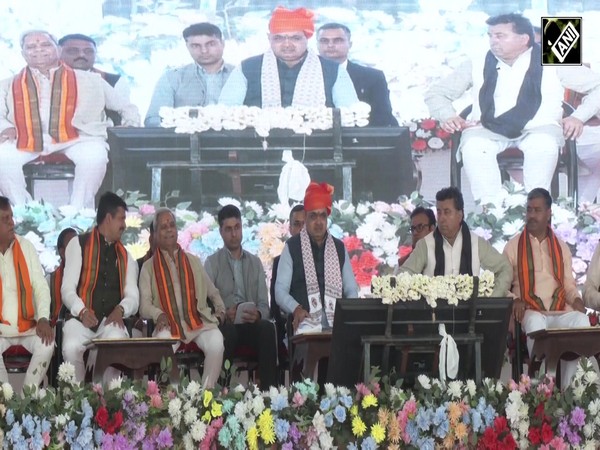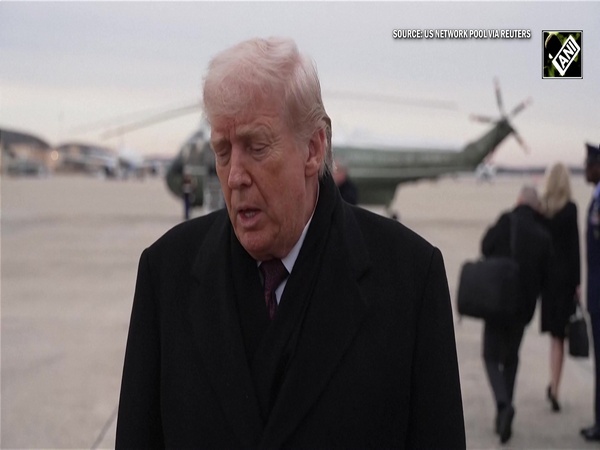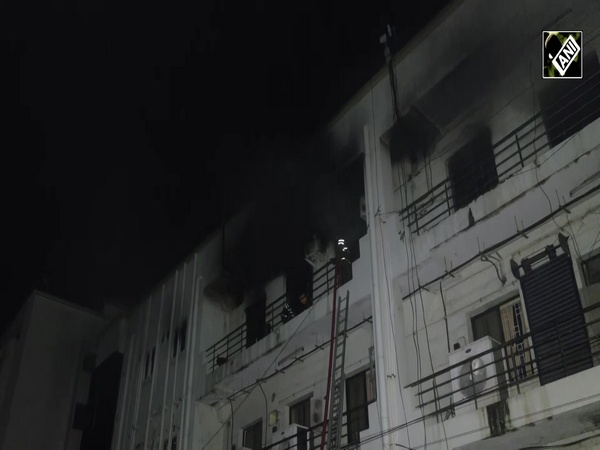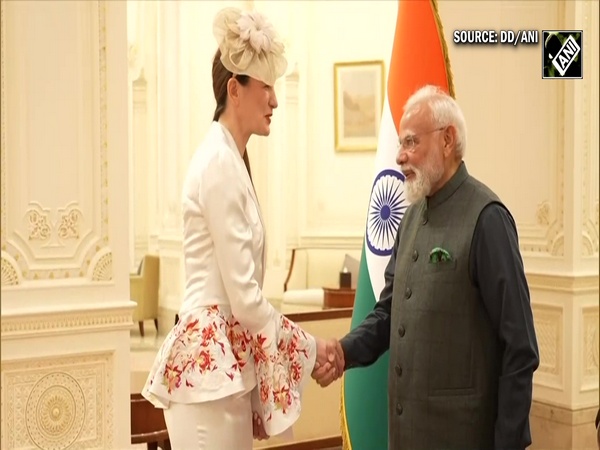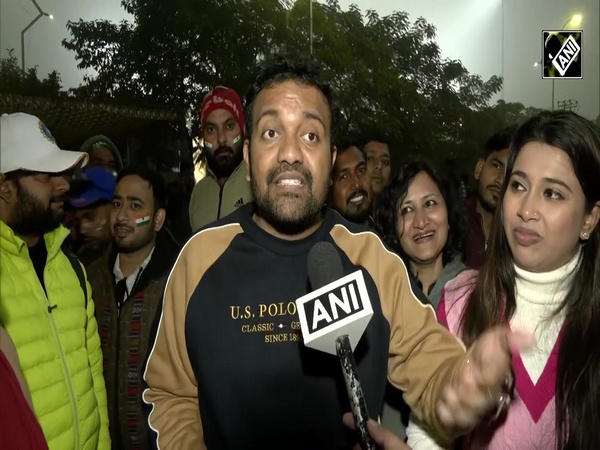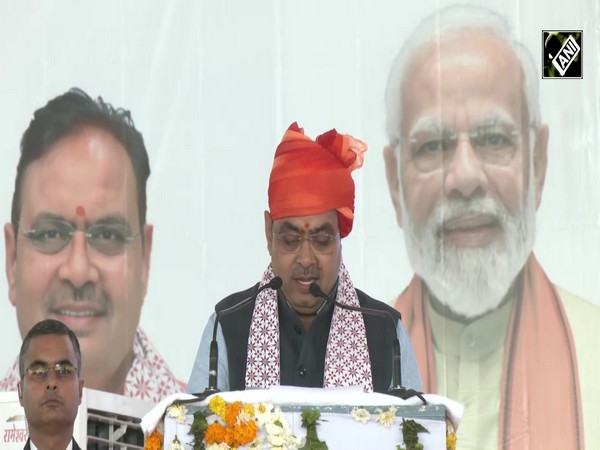Performing arts and popular media can be powerful tools to end gender-based violence: Breakthrough India's Pan-Asia Summit
Mar 03, 2022

New Delhi [India], March 3 (ANI/PRNewswire): The second day of Breakthrough India's Pan-Asia summit 'Reframe' highlighted the critical role of performing arts and popular media to educate, and spread awareness about gender-based violence and discrimination.
Breakthrough India is a Delhi-based non-profit organization that through the use of pop culture and media, seeks to make violence against women and girls unacceptable.
The summit highlighted how key stakeholders, non-profit organizations and governments can use performing arts and popular media to create a violence-free world and influence how gender norms are challenged.
Kick-starting the conversation, Nidhi Goyal, Founder and Executive Director of Rising Flame, a feminist disability rights organization based in India shed light on the all-pervasive stigma around disability and gender through a comedic set. As a universal language of communication, art has served as an important tool for awareness and education around gender-based violence, as well as a means of expression for survivors to share their stories. It can help break the culture of silence and provide women with the space to talk freely about their experiences and speak out against gender-based violence.
Anuradha Kapoor, Founder and Director of Swayam, a feminist organization in Kolkata, said, "Arts are a very powerful medium of effecting social change. As the language of arts is universal, easy to understand, it reaches out to people from diverse backgrounds and helps us deepen our understanding of complex social issues in simple yet powerful ways. We can use arts to educate, stir consciousness, spark conversations to challenge stereotypes and oppressions like gender inequality, homophobia, racism, sexism, and also to imagine new solutions and shape the way we think about society."
"The arts help promote creativity, change opinions, transform communities, and promote actions for positive change. The women's movement has used arts extensively as a means for change. In public spaces such as protests, rallies, schools, colleges, performing arts like theater, songs, arts, fine arts, films, have all been used to highlight issues," Anuradha added.
Arts have been known to have an intrinsic ability to connect with people's emotions and bring visibility to the lived experiences of marginalized communities, due to which they have played a key role in virtually every social justice movement throughout history.
Talking about using music to sensitize people about gender issues, Farzana Wahid Shayan, a Dhaka, Bangladesh based musician, singer, lyricist, poet, music composer and a human rights worker recounted sensitizing her audience with her music. She said, "Instead of using my art to change the world, my art has changed me. From disliking attaching labels like "feminist songs" to my work, I have grown to embrace it and now I use it to educate people. Sometimes my music makes my audience, composed of families, uncomfortable, as it touches upon gender issues prevalent in every household. Yet I continue to reiterate that respect for women should come from the heart from all spectrums of the society, and upon receiving feedback and anecdotes on my music, I share that further with my audience, allowing us to learn from each other. Learning is an on-going journey."
Studies have shown that involving communities in the artistic process instills empathy and values, transforms and enables them to communicate the change that they want to see in the world.
Kamala Vasuki, a feminist activist and artist from the North and East of Sri Lanka talks about how she uses creative arts (in painting, writing, and theatre) to promote issues of gender, human rights and social justice, Kamala said, "I believe in using colors and lines that could penetrate through the minds of the people to make a shift and transform people, and also provide them a space to reflect upon themselves and start a dialogue about gender based issues. Instead of just displaying my art in galleries, I am trying to involve the community in the process of creating the artworks."
There is increased evidence that the current pandemic has increased the risk of abuse and exploitation of women and girls as they are forced to be in isolation with their perpetrators. While data is still emerging, based on available evidence UN Women has already warned of a 'shadow pandemic' (of violence) that needs to be recognized and addressed. With increases in internet usage between 50% to 70%, digital media has taken on a similar role as art and has helped reach out to a large number of people across the world, especially youngsters, to take forward the agenda of preventing and ending gender-based violence and discrimination.
Leeza Mangaldas, one of India's foremost digital content creators, talked about how she started creating sex education content on YouTube and Instagram in 2017, with the intention of normalizing conversations around sex, sexuality, sexual health, gender, pleasure and the body-with a specific focus on girls and pleasure. "My work is largely digital, and the digital realm provides a huge opportunity to make an impact because of the high amount of people using the internet. Studies indicate that young people turn to the internet for questions about sex and sexuality due to the lack of sex education in schools and colleges. A potentially violent and misogynistic video could be the first thing that a youngster may find over the internet, which makes it all the more urgent to provide sex education on the internet to discourage violence and promote pleasure."
Breakthrough India recognized the importance of engaging allies from diverse backgrounds in order to build an environment with strong response mechanisms that amplifies, supports and helps in pushing back against gender-based violence and discrimination with an intersectional lens.
This story is provided by PRNewswire. ANI will not be responsible in any way for the content of this article. (ANI/PRNewswire)
